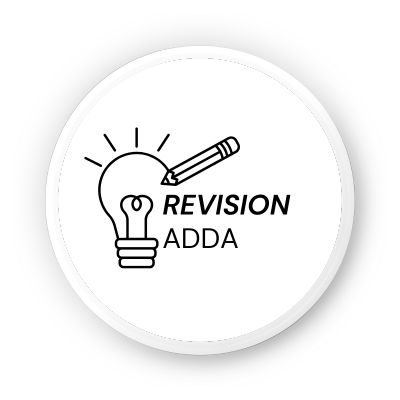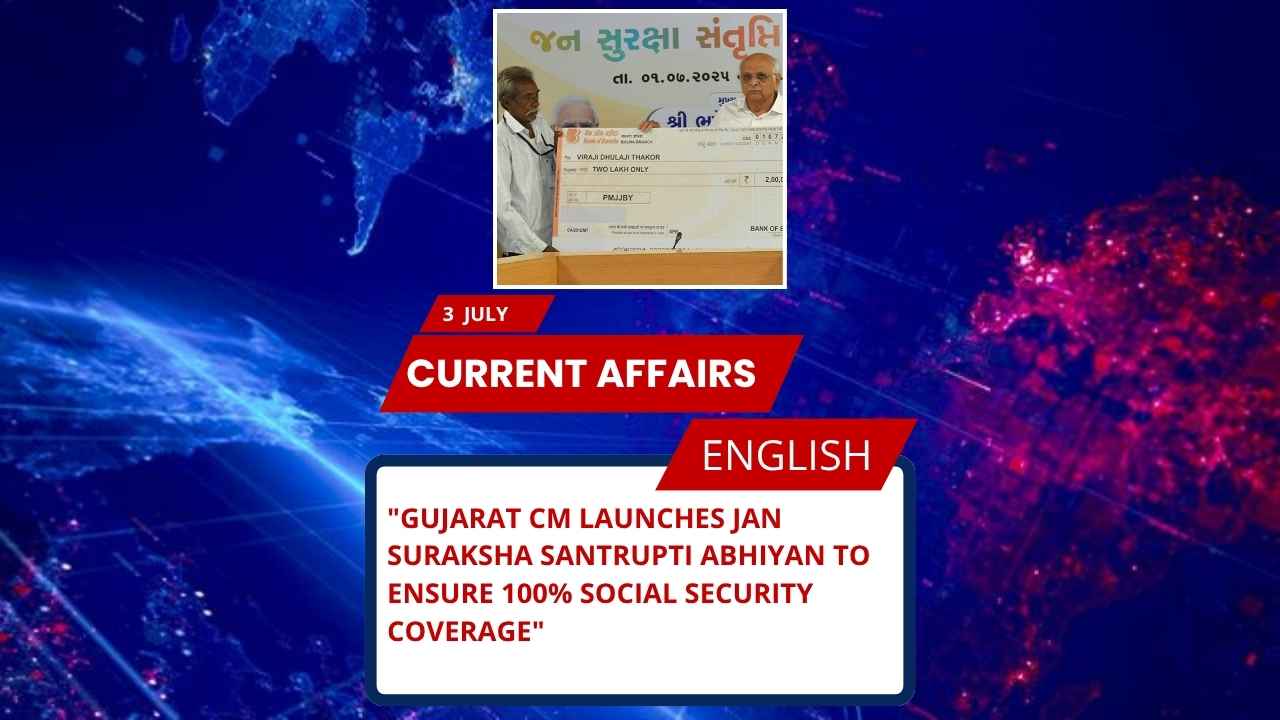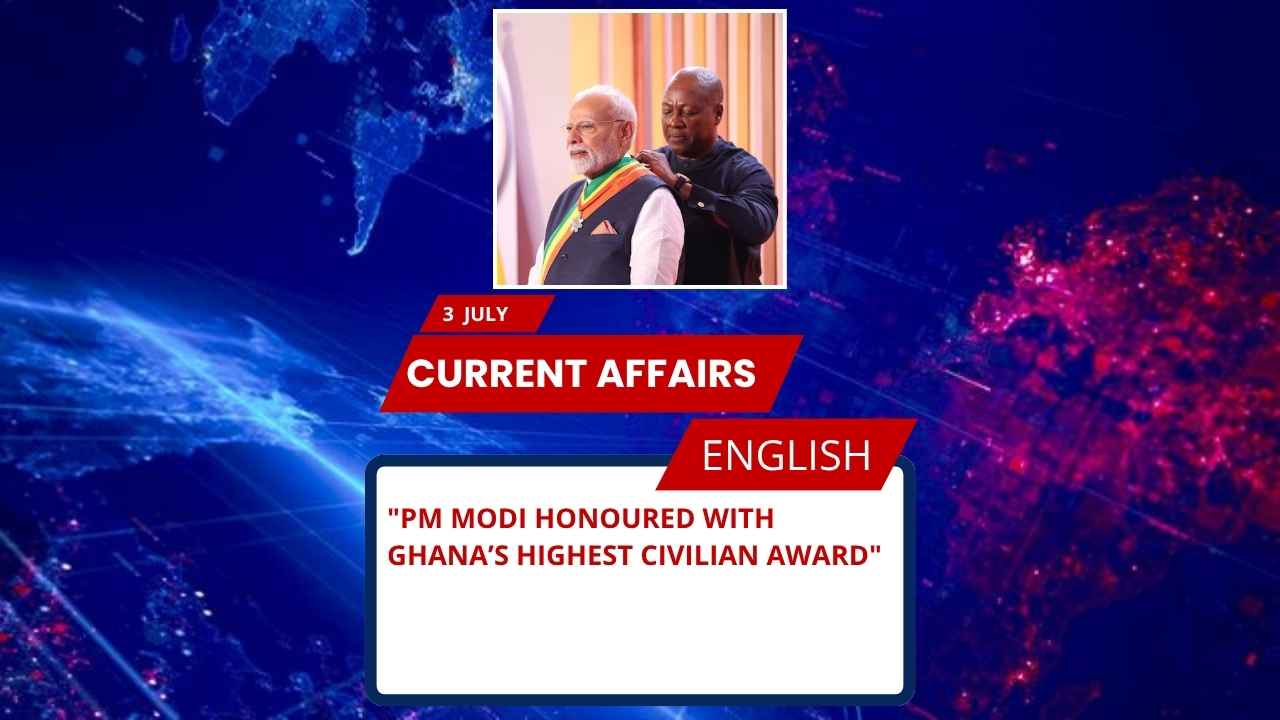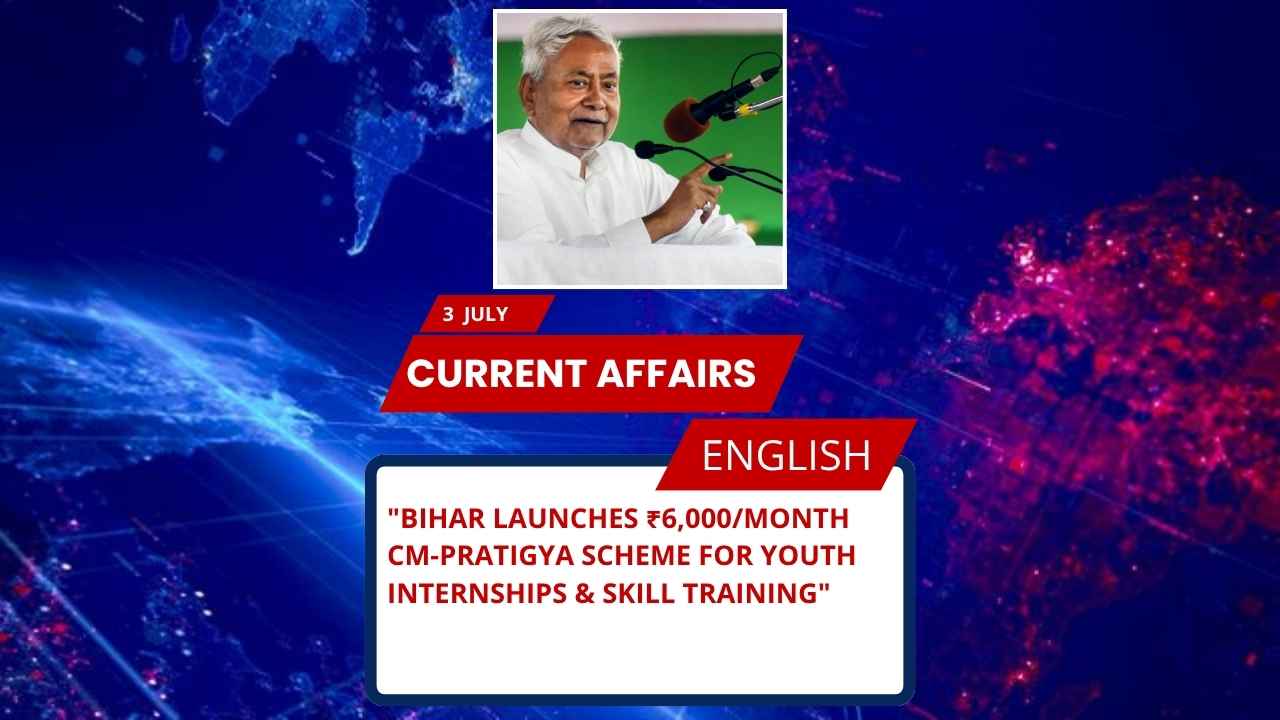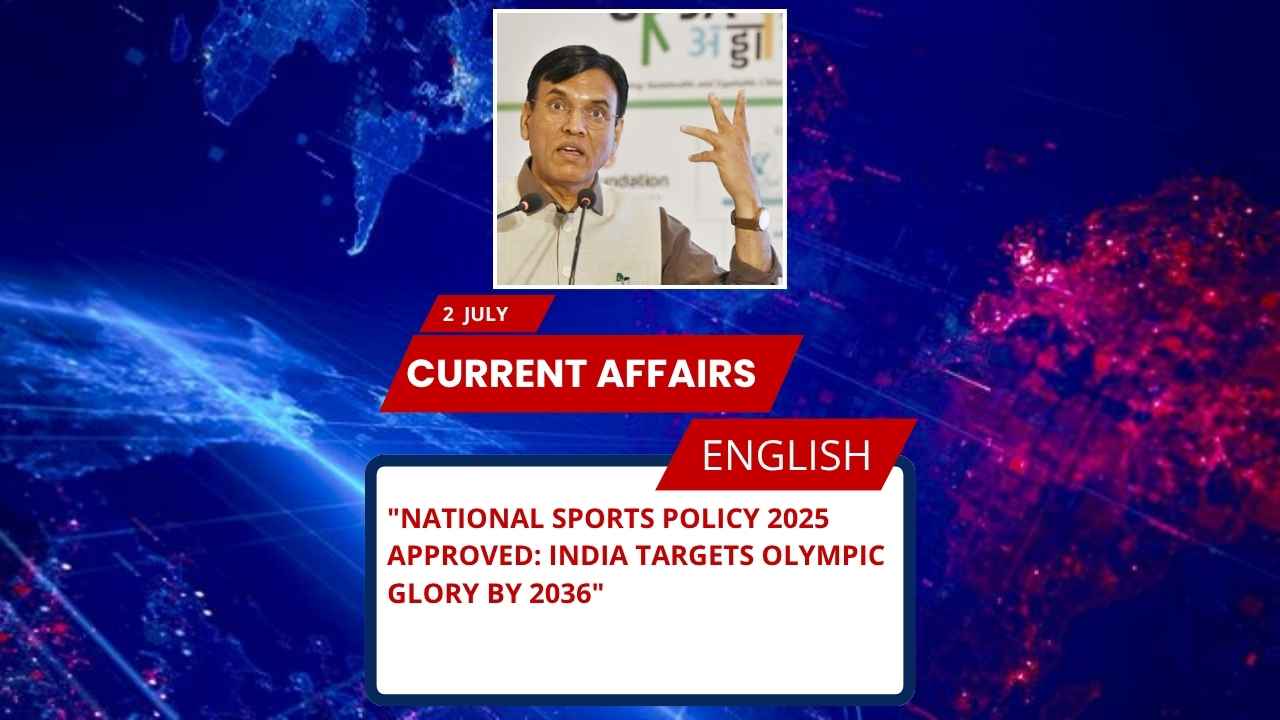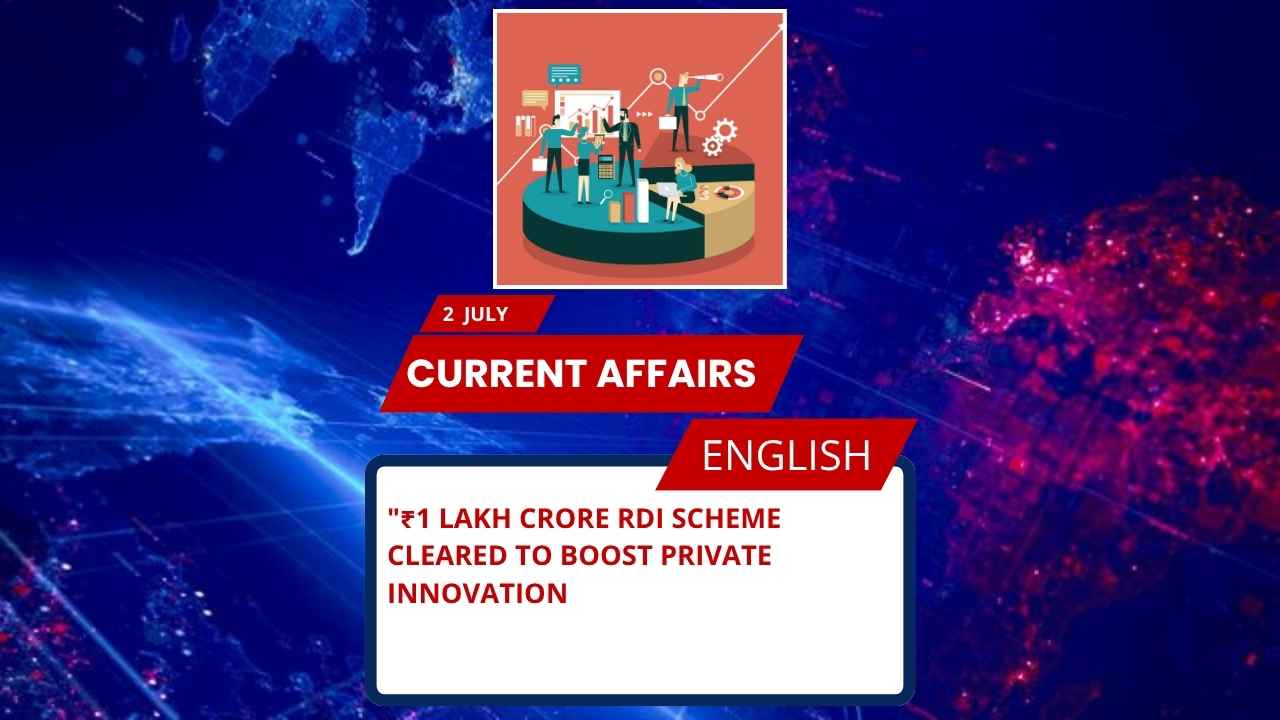
Key Points for SSC/UPSC and Other Exams
- Iran’s Parliament is debating a bill to suspend cooperation with the IAEA.
- The move comes after U.S. and Israeli attacks on Iran’s nuclear facilities.
- Iran blames IAEA for political bias and failure to ensure safety.
- IAEA held an emergency Board of Governors meeting in Vienna.
- Former IAEA chief Mohamed ElBaradei likened the crisis to the 2003 Iraq war.
- Iran cites UNSC Resolution 487 against attacks on nuclear sites.
- Current IAEA Director General Rafael Grossi warns of global nuclear risk.
Iran Considers Suspension of IAEA Ties After Attacks on Nuclear Sites
Why Iran Is Reassessing Its Relationship with the IAEA
On June 23, 2025, Speaker of the Iranian Parliament Mohammad Baqer Qalibaf announced that the Majlis has started deliberations on a bill to suspend cooperation with the International Atomic Energy Agency (IAEA). The move comes amid heightened tensions following a series of attacks on Iranian nuclear facilities by the United States and Israel.
Qalibaf stated that the bill is aimed at demanding “objective guarantees” of IAEA neutrality and professionalism, accusing the agency of failing its obligations and acting as a “political tool.” This is a sharp escalation in Iran’s long-standing concerns over international nuclear oversight.
Context Behind Iran’s Decision
U.S. and Israeli Attacks Prompt Action
Iran’s discontent intensified following the June 19, 2025, attack by Israel on the Arak Heavy Water Reactor. The United States followed with strikes on Fordow, Natanz, and Isfahan sites on June 22. These attacks drew global concern but did not result in radioactive leakage, as per IAEA’s statement.
UNSC Resolution 487 Referenced
Iranian Foreign Minister Seyed Abbas Araghchi called for the enforcement of UNSC Resolution 487, passed in 1981, which condemns military attacks on nuclear facilities and affirms the integrity of the IAEA safeguard system.
IAEA’s Response and International Reactions
During the IAEA’s emergency meeting in Vienna, Director General Rafael Grossi acknowledged the gravity of the situation and emphasized the global threat posed by the ongoing conflict. He warned against the breakdown of the non-proliferation regime and called for diplomacy.
Former IAEA chief Mohamed ElBaradei criticized the attacks, comparing them to the 2003 U.S.-led invasion of Iraq. He reiterated that no evidence was ever found of Iran developing nuclear weapons—based on his 2010 report.
Important Organizations and Resolutions
IAEA (International Atomic Energy Agency)
- HQ: Vienna, Austria
- Founded: 1957
- Parent Org: United Nations
- Mission: Promote peaceful use of nuclear energy & prevent weaponization
UNSC Resolution 487 (1981)
- Condemns Israel’s attack on Iraq’s Osirak reactor
- Affirms sovereignty of nations’ nuclear programs under IAEA safeguards
Islamic Consultative Assembly (Majlis)
- Iran’s unicameral legislature
- 290 members
- Speaker: Mohammad Baqer Qalibaf
MCQs Based on the Topic
Q1. What is the purpose of the new bill discussed by Iran’s Parliament?
A. To increase uranium enrichment
B. To suspend cooperation with IAEA
C. To exit the UN
D. To start nuclear weapon development
Answer: B
Q2. Which nuclear facility was attacked by Israel on June 19, 2025?
A. Natanz
B. Arak Heavy Water Reactor
C. Isfahan
D. Fordow
Answer: B
Q3. Which UN resolution did Iran refer to in response to the attacks?
A. 2231
B. 1540
C. 487
D. 1325
Answer: C
Q4. Who is the current Director General of the IAEA?
A. Mohamed ElBaradei
B. Rafael Grossi
C. Yukiya Amano
D. Seyed Araghchi
Answer: B
Q5. Where is the IAEA headquartered?
A. Geneva
B. New York
C. Paris
D. Vienna
Answer: D
UPSC-Style FAQs with Model Answers
Q1. What are the implications of Iran suspending ties with the IAEA for global nuclear diplomacy?
Answer (UPSC Format):
Iran’s suspension of cooperation with the IAEA could have significant ramifications. First, it would reduce transparency around Iran’s nuclear program, heightening international suspicion. Second, it would undermine the credibility and authority of the IAEA. Third, it risks escalation in the already volatile West Asian region. Lastly, it could trigger a regional arms race and challenge the global non-proliferation architecture established by the Nuclear Non-Proliferation Treaty (NPT).
Q2. How does UNSC Resolution 487 support Iran’s argument against recent attacks?
Answer (UPSC Format):
UNSC Resolution 487, passed in 1981, condemned Israel’s airstrike on Iraq’s Osirak reactor and upheld the sanctity of nuclear facilities under IAEA safeguards. Iran uses this resolution to argue that attacks on its nuclear infrastructure violate international norms and undermine global non-proliferation efforts. The resolution sets a precedent for protecting sovereign rights to peaceful nuclear energy.
Q3. Why did the IAEA convene an emergency meeting in June 2025, and what were its outcomes?
Answer (UPSC Format):
The IAEA convened the emergency meeting to address recent military actions by the U.S. and Israel targeting Iranian nuclear sites. The meeting underscored the seriousness of the conflict and highlighted the risk of nuclear accidents. Director General Rafael Grossi emphasized the need for renewed diplomacy and warned of the collapse of the non-proliferation regime. No concrete resolution was adopted, but the meeting reflected urgent global concern.
Q4. Critically evaluate the role of IAEA in maintaining nuclear peace, in light of recent criticisms.
Answer (UPSC Format):
The IAEA has long served as a cornerstone of nuclear diplomacy by monitoring compliance with non-proliferation agreements. However, recent criticisms suggest a perception of bias, especially in politically sensitive cases like Iran. While the IAEA provides vital technical oversight, its dependence on member states and limited enforcement mechanisms weaken its authority. For the IAEA to be effective, it must maintain neutrality, transparency, and enforce consistent standards across all nations.
